India’s Operation Sindoor, a targeted response against terror sites in Pakistan and Pakistan-occupied Kashmir (PoK), has drawn attention from around the world.
On Wednesday morning, Indian missiles hit nine terror camps across Pakistan and PoK. The strikes came two weeks after 26 people were killed in an attack by cross-border terrorists in Pahalgam.
India has described the operation as “measured and non-escalatory,” saying that no Pakistani military sites were hit.
Catch all the live updates from Operation Sindoor here
While some countries have supported India’s “right to self-defence,” others have called out the “unprovoked violation”.
In this explainer, we explore how different countries have reacted so far, pointing out who supports India and who is siding with Pakistan.
Let’s take a look:
UNITED STATES
US President Donald Trump said that India and Pakistan had “gone tit-for-tat” and hoped that the two nuclear-armed Asian neighbours would avoid any further escalation.
US Secretary of State Marco Rubio also discussed ways to ease tensions between India and Pakistan during a call with his Saudi Arabian counterpart on Wednesday.
It's shame for Pakistan to continuously keep attacking India and her innocent citizens, Mr. Trump.
— Āyudhika (@Ayudhika1310) May 7, 2025
It's a proud day for Indians.
Jai Hind 🫡🇮🇳pic.twitter.com/e6MBgvAcmx
The Indian Embassy in Washington said in a statement that after the airstrikes, National Security Advisor Ajit Doval spoke to Rubio to update him on the steps taken.
The United States has so far called on both countries to reduce tensions through talks and find a “responsible solution”.
Analysts told Reuters that the US might stay out of the situation in the early stages because of its focus on diplomatic efforts in Russia’s war in Ukraine and Israel’s war in Gaza.
Last month, Trump said that India and Pakistan would sort out their relationship “one way or the other”, hinting that the United States was unlikely to step in.
India-born US Congressman Shri Thanedar said terrorism must not be tolerated and should not go unanswered.
He said, “India has the right to defend its people, and I stand firmly with our ally in its efforts to dismantle these extremist networks. The United States should always stand with our allies against terrorism.”
ISRAEL
Israel extended strong support for India just hours after the precision strike in Pakistan and Pakistan-occupied Kashmir (PoK).
Israel’s Ambassador to India, Reuven Azar, posted on X, saying that Israel backs India’s right to defend itself. “Terrorists should know there’s no place to hide from their heinous crimes against the innocent,” he added.
Israel supports India’s right for self defense. Terrorists should know there’s no place to hide from their heinous crimes against the innocent. #OperationSindoor
— 🇮🇱 Reuven Azar (@ReuvenAzar) May 7, 2025
India and Israel have had a close strategic partnership for many years.
Back in 2017, Israeli officials said they supported India “hook, line and sinker” when it came to terrorism coming from Pakistan. They said that both countries face similar threats and have the right to protect themselves.
ALSO READ | From Bahawalpur to Mudrike: What are the 9 sites India struck in Pakistan, PoK?
UNITED KINGDOM
British Prime Minister Keir Starmer said the UK is speaking to both India and Pakistan to encourage dialogue and help reduce tensions.
“Rising tensions between India and Pakistan will be of serious concern for many across Britain,” Starmer told Parliament.
“We are engaging urgently with both countries, as well as other international partners, encouraging dialogue, de-escalation and the protection of civilians,” he added.
Former Prime Minister Rishi Sunak gave his full support to India’s Operation Sindoor, which targeted terror sites in Pakistan and Pakistan-occupied Kashmir.
In a post on X, he wrote, “No nation should have to accept terrorist attacks being launched against it from land controlled by another country. India is justified in striking terrorist infrastructure. There can be no impunity for terrorists.”
UK shadow foreign secretary Priti Patel pointed out India’s right to take proportionate steps to defend itself and to dismantle the terror networks responsible for past attacks and ongoing threats.
Today in the House of Commons I reiterated my condolences for those impacted by the atrocity that took place in Pahalgam. We must stand with those affected by terrorism. The UK must work with our friends in India to tackle terrorist threats and engage with India, Pakistan and key… pic.twitter.com/8RXezaJHx0
— Priti Patel MP (@pritipatel) May 7, 2025
“Terrorists based in Pakistan threaten India and western interests — it was the country that Osama bin Laden was hiding in — and because of the long history of violence being inflicted by terrorists on India, the UK has in place long-standing security cooperation agreements with India,” said the British MP.
TURKEY:
Turkey has shown strong support for Pakistan. The Turkish Ambassador to Pakistan met with Foreign Minister Ishaq Dar to express his country’s backing following what he called “India’s unprovoked violation of Pakistan’s sovereignty”.
Pakistan Prime Minister Shehbaz Sharif posted on X, “Spoke with my dear brother President Recep Tayyip Erdogan and thanked him for Turkiye’s solidarity and support with Pakistan at this critical time. Appreciate the prayers of our Turkish brethren for the martyrs of yesterday’s heinous missile strikes carried out by India. Briefed him on the valiant efforts of our armed forces who repulsed the enemy with their bravery and professional superiority.”
Spoke with my dear brother President Recep Tayyip Erdogan @RTErdogan and thanked him for Turkiye’s solidarity and support with Pakistan at this critical time. Appreciate the prayers of our Turkish brethren for the martyrs of yesterday’s heinous missile strikes carried out by…
— Shehbaz Sharif (@CMShehbaz) May 8, 2025
“We will protect our sovereignty and territorial integrity at all costs. Pakistan is grateful for Turkish efforts to promote de-escalation and maintain peace in South Asia,” he added.
Turkey has regularly supported Pakistan in its disputes with India. Turkish President Recep Tayyip Erdogan called on both nations to lower tensions after the Pahalgam attack.
During a visit to Pakistan in February 2025, he reiterated Turkey’s firm support and said that the Kashmir issue should be resolved through UN resolutions and dialogue, keeping the hopes of the Kashmiri people in mind.
While Turkey has continued to back Pakistan, its ties with India have become more strained. In 2024, Turkey put a full ban on the export of weapons and defence equipment to India, moving its defence ties closer to Pakistan.
It has also expressed distress about India’s role in the India-Middle East-Europe Economic Corridor (IMEC), seeing it as a challenge to Turkey’s own plans in the region.
CHINA:
China has called on both India and Pakistan to show restraint and avoid any moves that could make the situation worse.
Responding to India’s strikes on terror camps in Pakistan and Pakistan-occupied Kashmir (PoK), a spokesperson from China’s Foreign Ministry said: “China finds India’s military operation early this morning regrettable. We are concerned about the ongoing situation. India and Pakistan are and will always be each other’s neighbours. They’re both China’s neighbours as well."
“China opposes all forms of terrorism. We urge both sides to act in the larger interest of peace and stability, remain calm, exercise restraint and refrain from taking actions that may further complicate the situation,” it added.
China finds India’s military operation early this morning regrettable. We are concerned about the ongoing situation between India and Pakistan. India and Pakistan are and will always be each other’s neighbors. They’re both China’s neighbors as well. China opposes all forms of…
— Lin Jian 林剑 (@SpoxCHN_LinJian) May 7, 2025
The Chinese government has also said it is important to keep peace and stability in the region, and has urged both sides to resolve their issues through dialogue.
China has been closely watching how events unfold following the airstrikes, especially as Pakistan is one of its closest allies. Since the Pahalgam terror attack, China has condemned the incident while calling for calm and a fair and speedy investigation.
On the diplomatic front, Pakistani Deputy Prime Minister and Foreign Minister Ishaq Dar spoke to China’s top diplomat Wang Yi on the phone on April 27. Meanwhile, Chinese Ambassador to Pakistan Jiang Zaidong met with Prime Minister Shehbaz Sharif and President Asif Ali Zardari.
During the call, Wang said China is watching the situation carefully. He added that tackling terrorism is a shared duty for the world and that China supports a fair investigation without delay, as continued conflict helps no one and does not bring peace to the region.
“As an ironclad friend and an all-weather strategic cooperative partner, China fully understands Pakistan’s legitimate security concerns and supports Pakistan in safeguarding its sovereignty and security interests,” said Wang.
RUSSIA:
Russian Foreign Minister Sergey Lavrov has urged both India and Pakistan to stay calm and avoid any steps that might make tensions worse.
She said, “Russia resolutely condemns acts of terrorism as it opposes any manifestations of it and accentuates the need to join forces globally for an effective fight against this evil."
⚡️ Russian MFA Spokeswoman Maria #Zakharova:
— MFA Russia 🇷🇺 (@mfa_russia) May 7, 2025
💬 We are deeply concerned about the aggravation of military confrontation between #India & #Pakistan.
We urge the parties involved to show restraint in order to prevent further deterioration in the region.https://t.co/GBZplsZd1X pic.twitter.com/3SAWWSbGjw
“We call on the parties concerned to exercise restraint in order to prevent the situation in the region from escalating,” Zakharova continued.
Russia has shown its support for India by condemning the terrorist attack in Kashmir and has reiterated its commitment to working with India against terrorism in all its forms. President Vladimir Putin called the attack a “brutal crime” and said it had “no justification whatsoever.”
A statement from the Kremlin confirmed that Russia remains committed to working with India to fight terrorism in every form.
UAE:
UAE Deputy Prime Minister of Foreign Affairs Sheikh Abdullah bin Zayed Al Nahyan has called on India and Pakistan “to exercise restraint, de-escalate tensions, and avoid further escalation that could threaten regional and international peace."
“His Highness reaffirmed that diplomacy and dialogue remain the most effective means of peacefully resolving crises, and achieving the shared aspirations of nations for peace, stability, and prosperity,” the statement said.
The UAE has taken an active role in efforts to reduce tensions between the two nuclear-armed neighbours. After the April 22 attack in Kashmir and India’s strikes that followed, Pakistan’s Prime Minister Shehbaz Sharif reached out to the UAE, along with Saudi Arabia and Kuwait, for help in calming the situation.
The UAE reacted by sending diplomats and opening discussions with both India and Pakistan, urging both sides to remain calm and avoid further military action.
In the past, the UAE has quietly supported India-Pakistan talks, including informal deals to stop cross-border firing. It now appears to be continuing that role during the current crisis.
QATAR:
Qatar’s foreign ministry posted a statement on X on Wednesday about Operation Sindoor, saying, “The State of Qatar is following with deep concern the continued escalation between the Republic of India and the Islamic Republic of Pakistan and Qatar urges both countries to exercise maximum restraint, give priority to the voice of wisdom, respect the principles of good neighborliness, and resolve the crisis through diplomatic means.”
Qatar’s Ministry of Foreign Affairs also called on both sides to solve their disagreements through open and constructive talks, to help keep peace and stability in the region.
With inputs from agencies


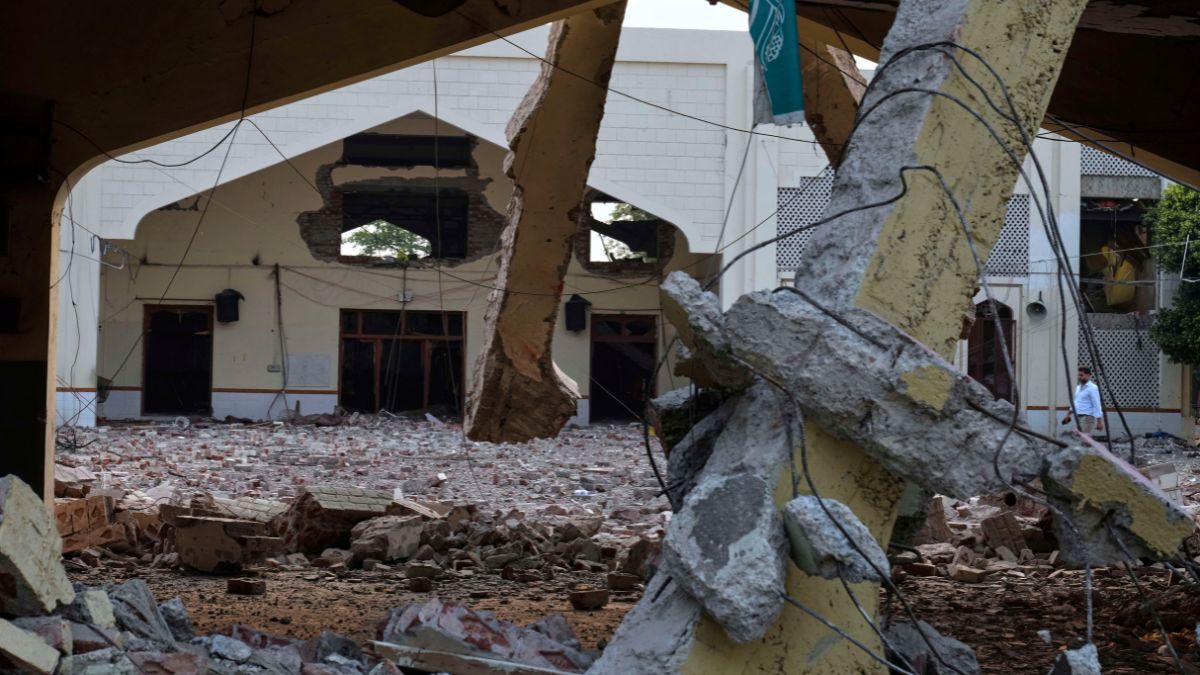)
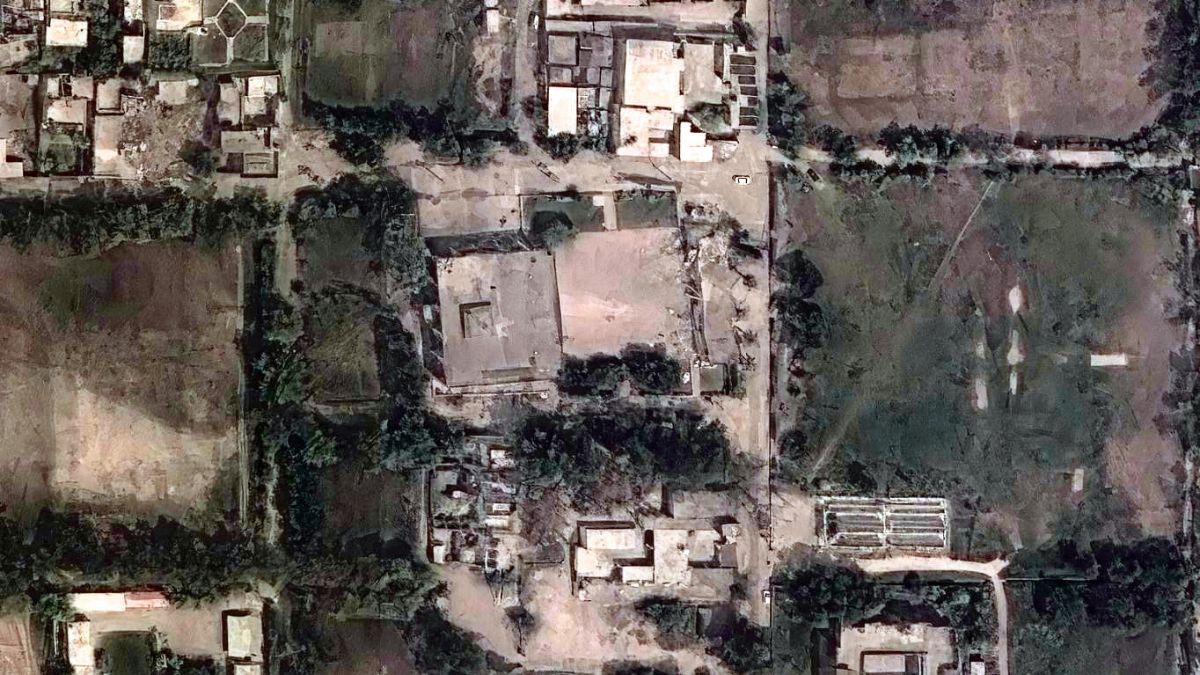)
)
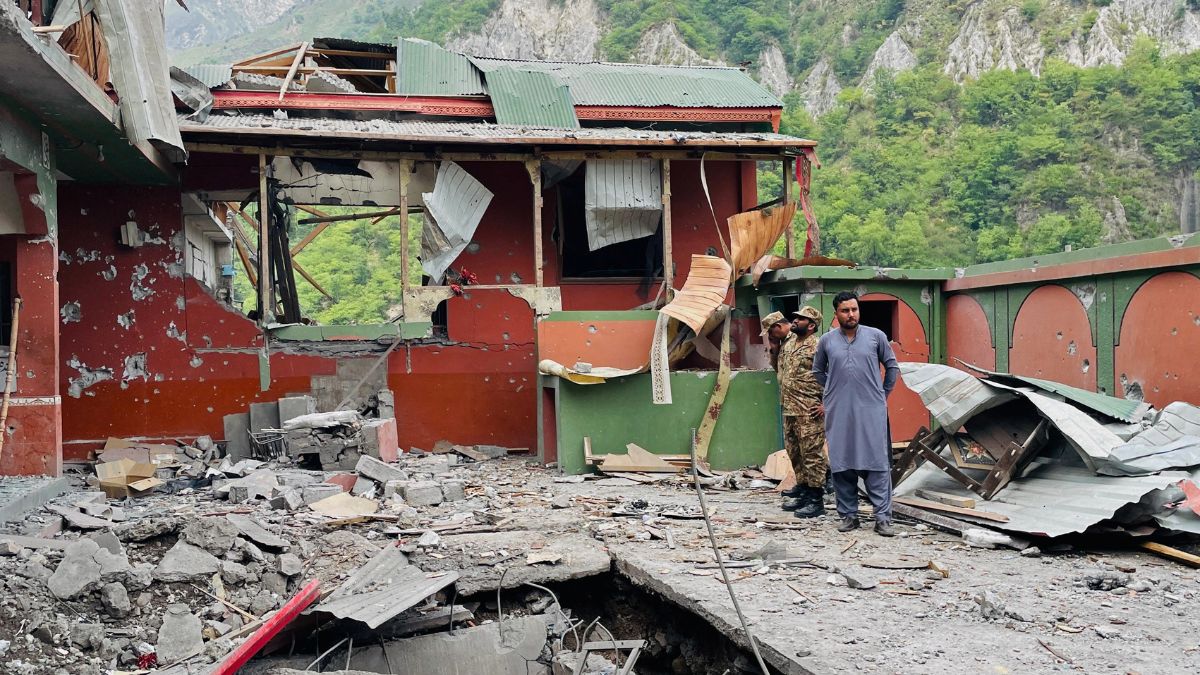)
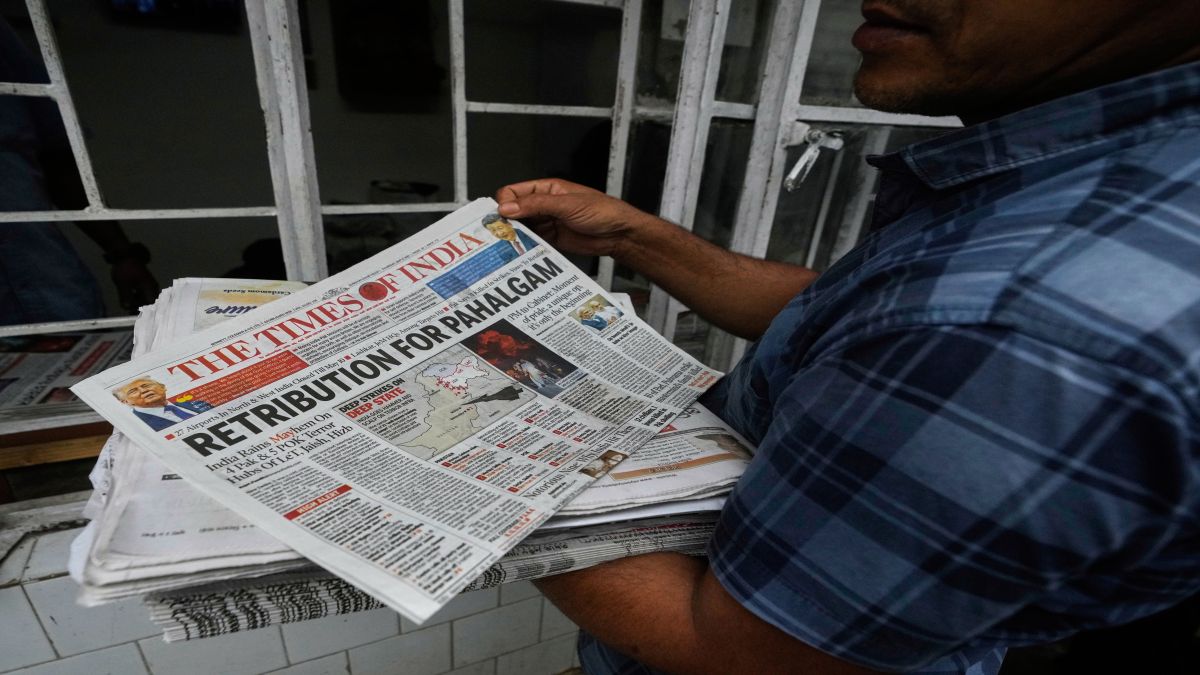)
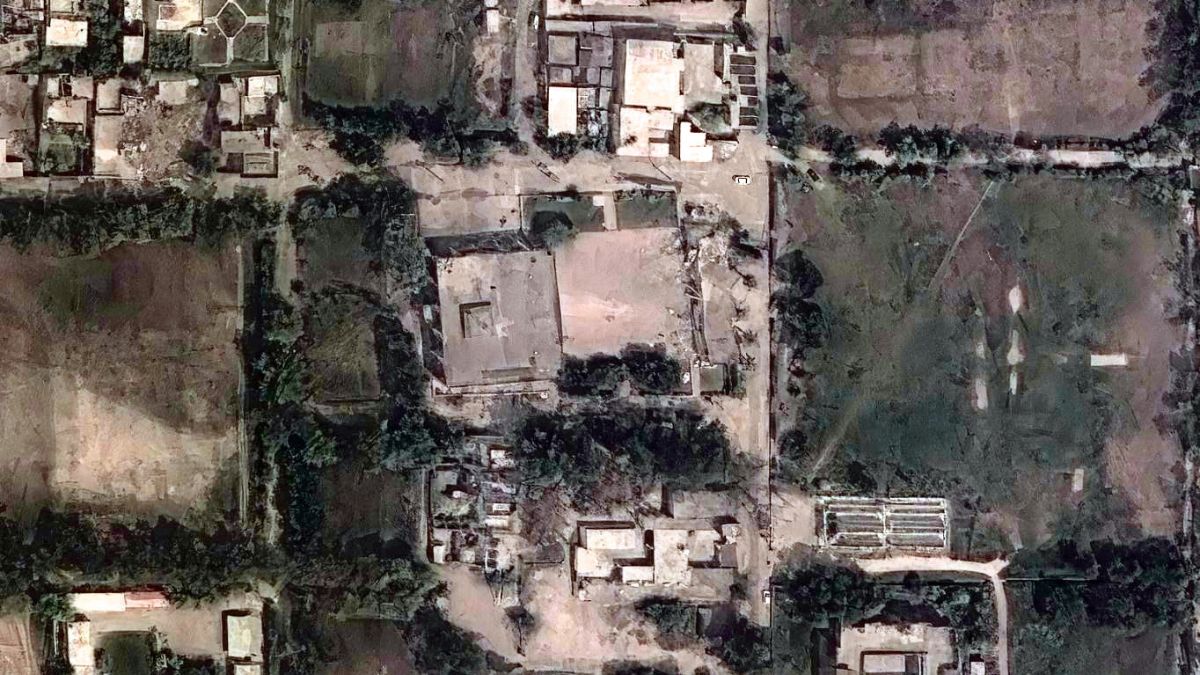)
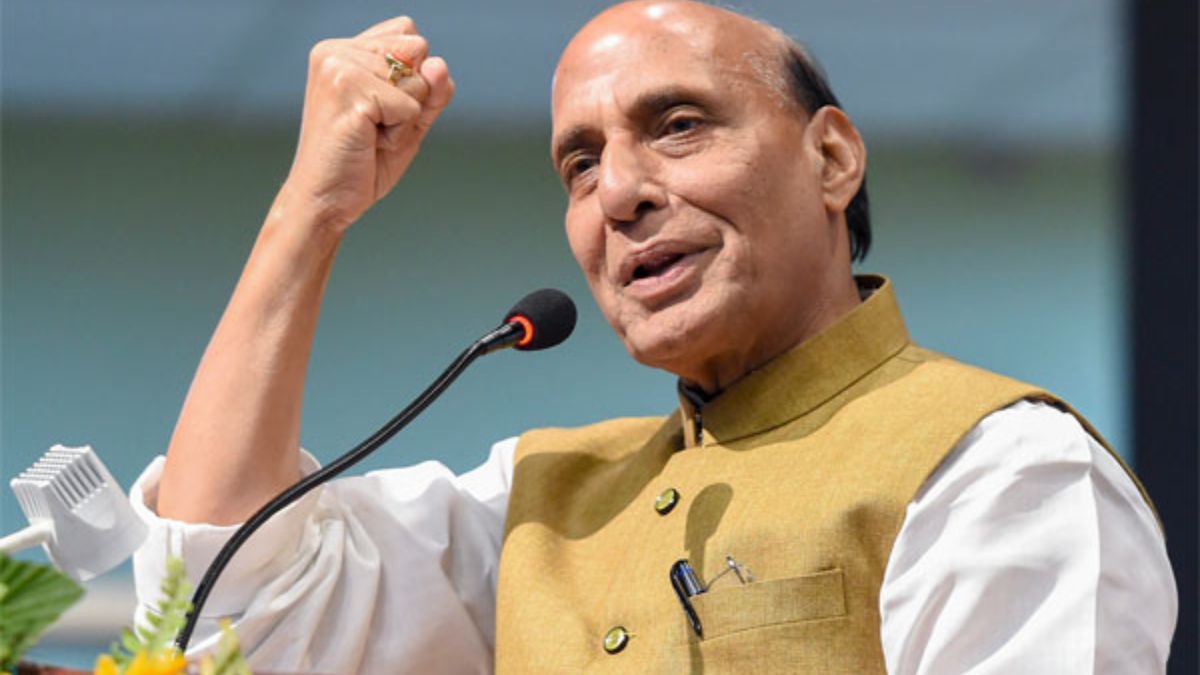)
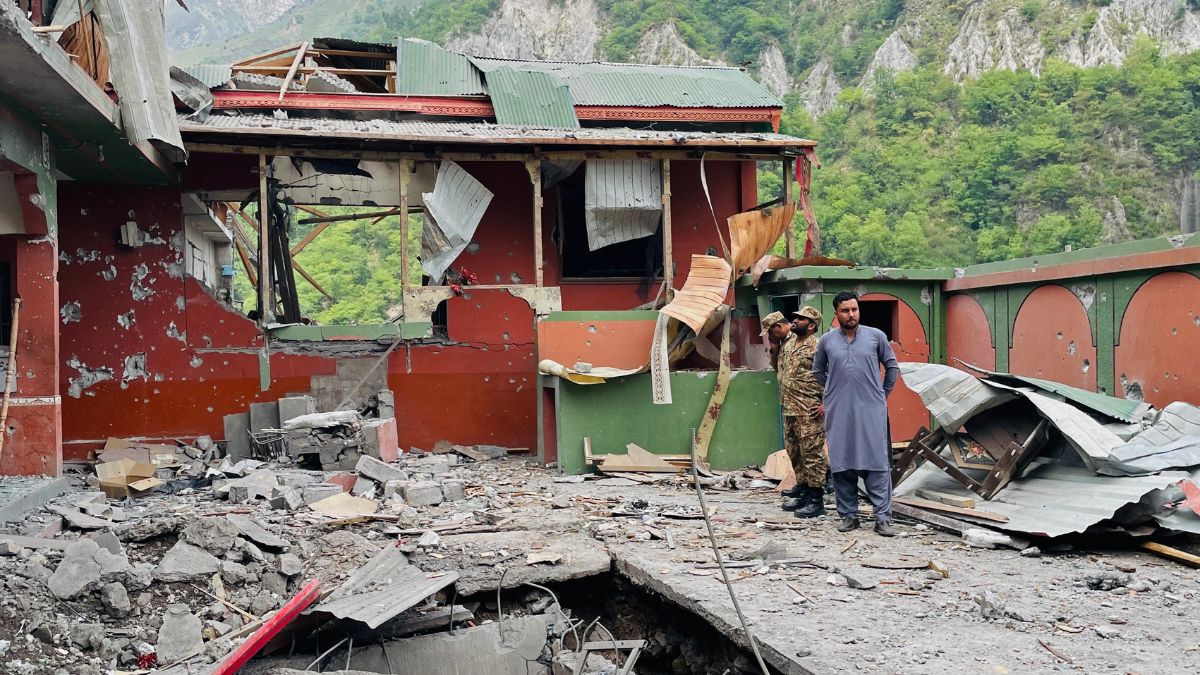)
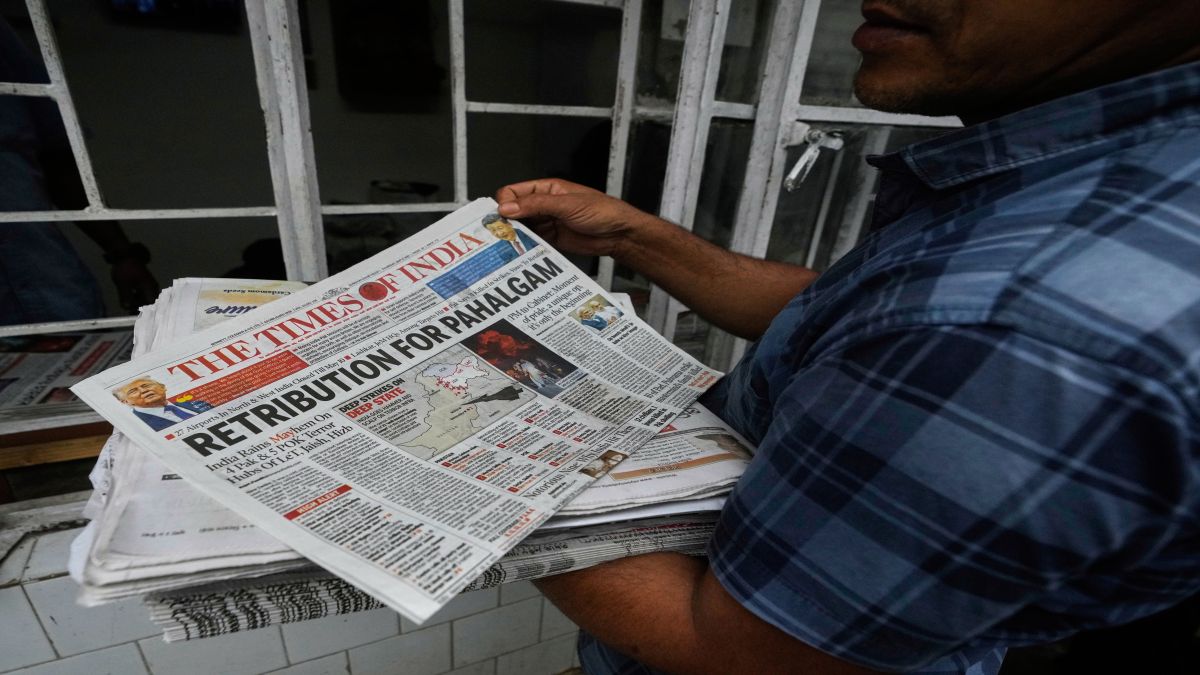)